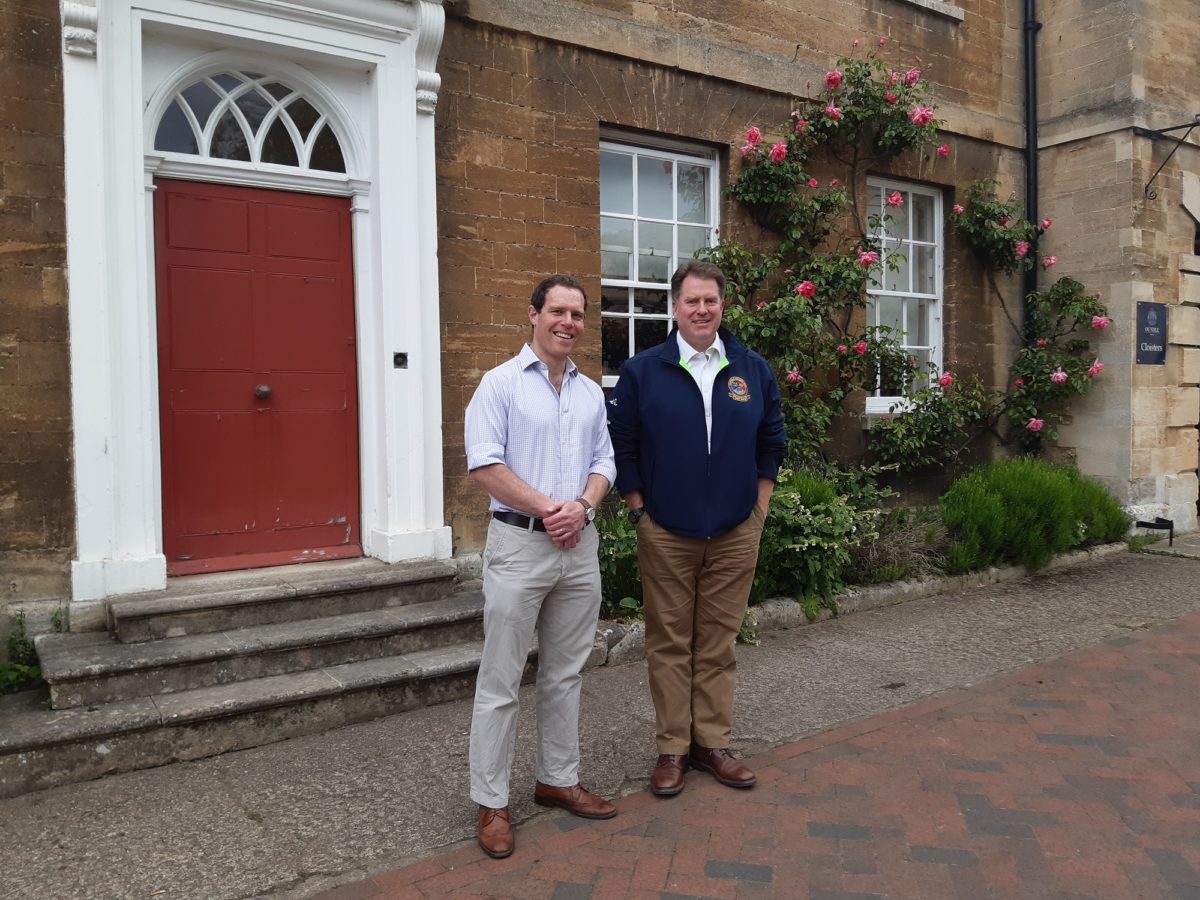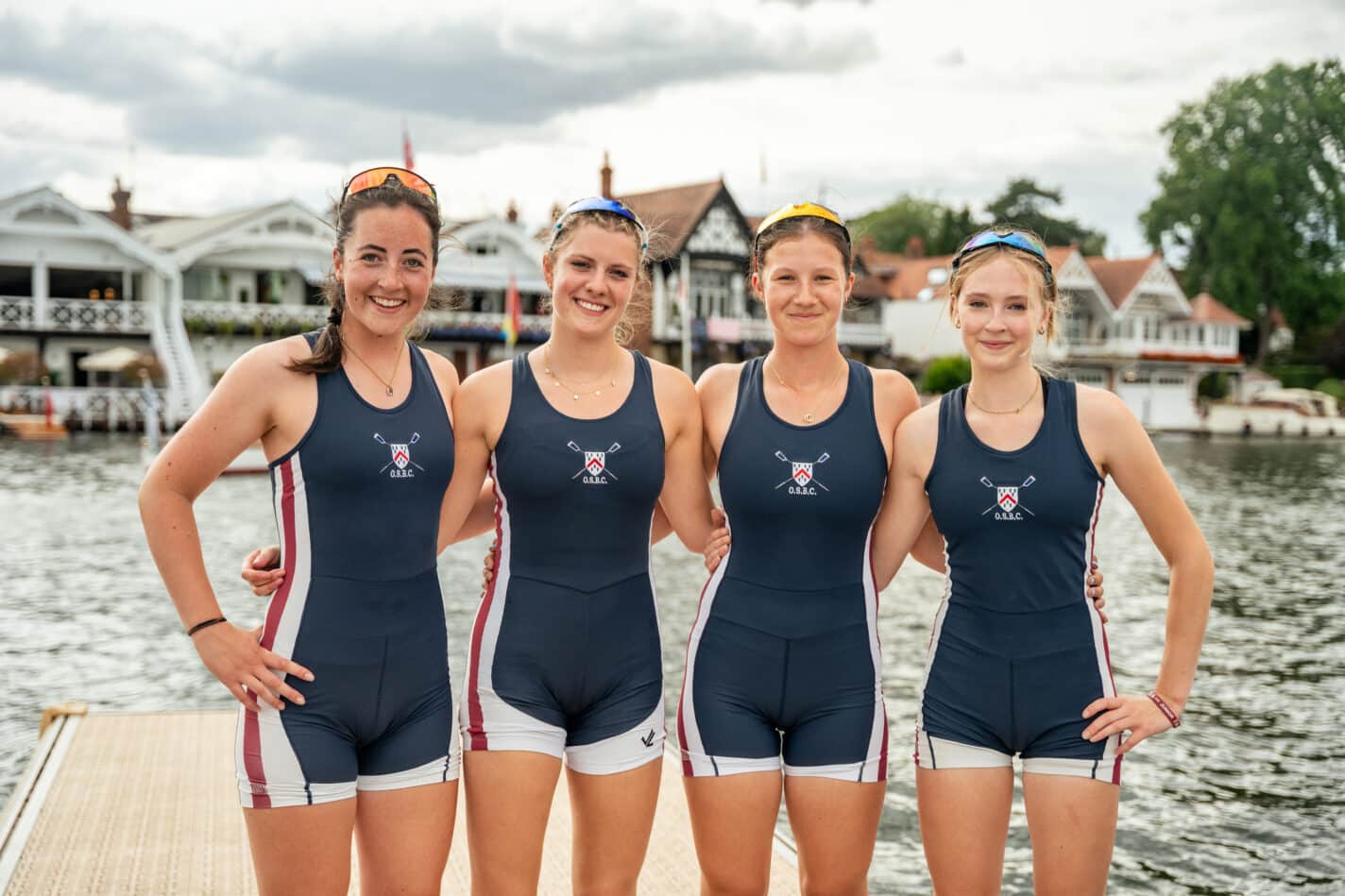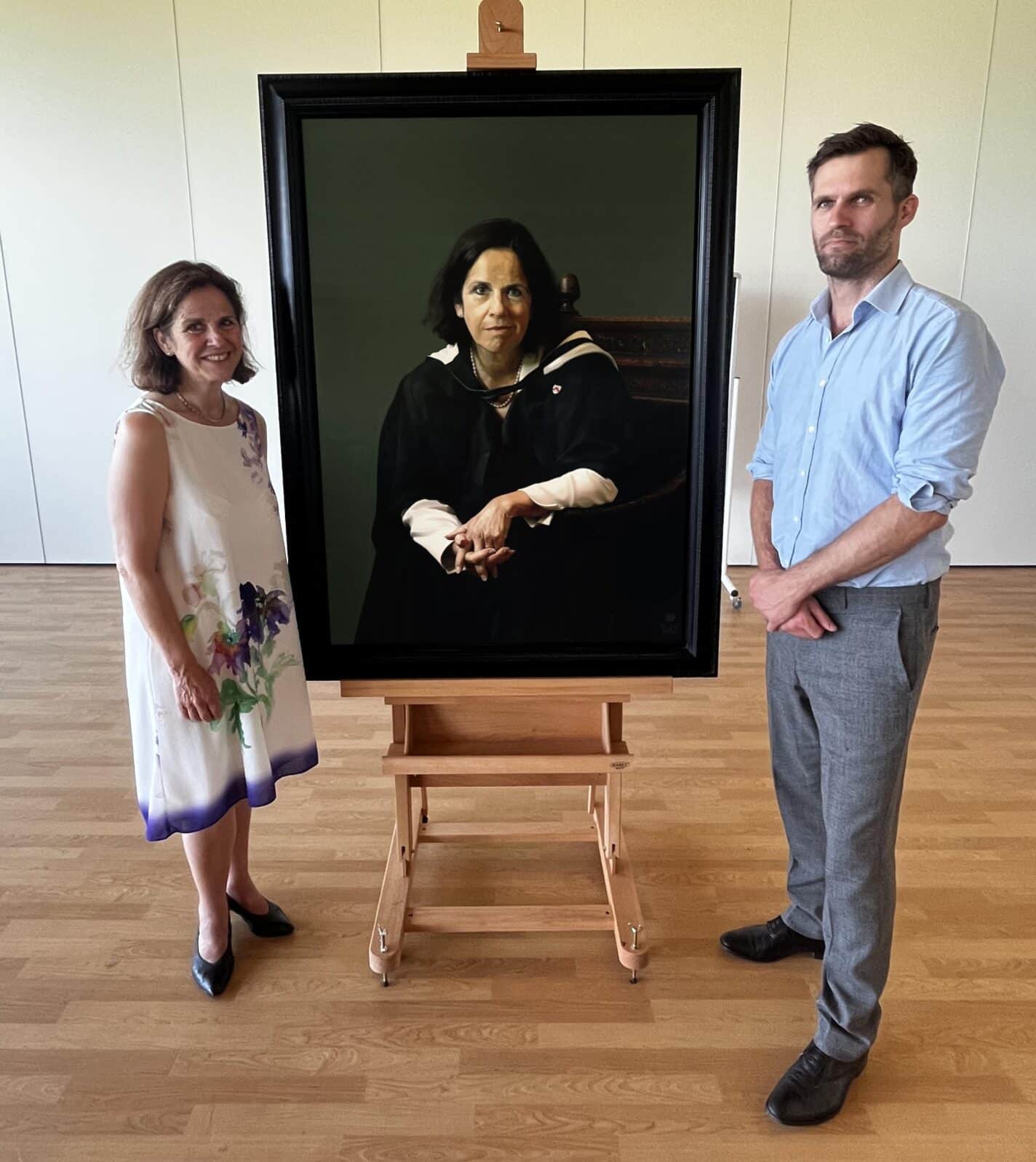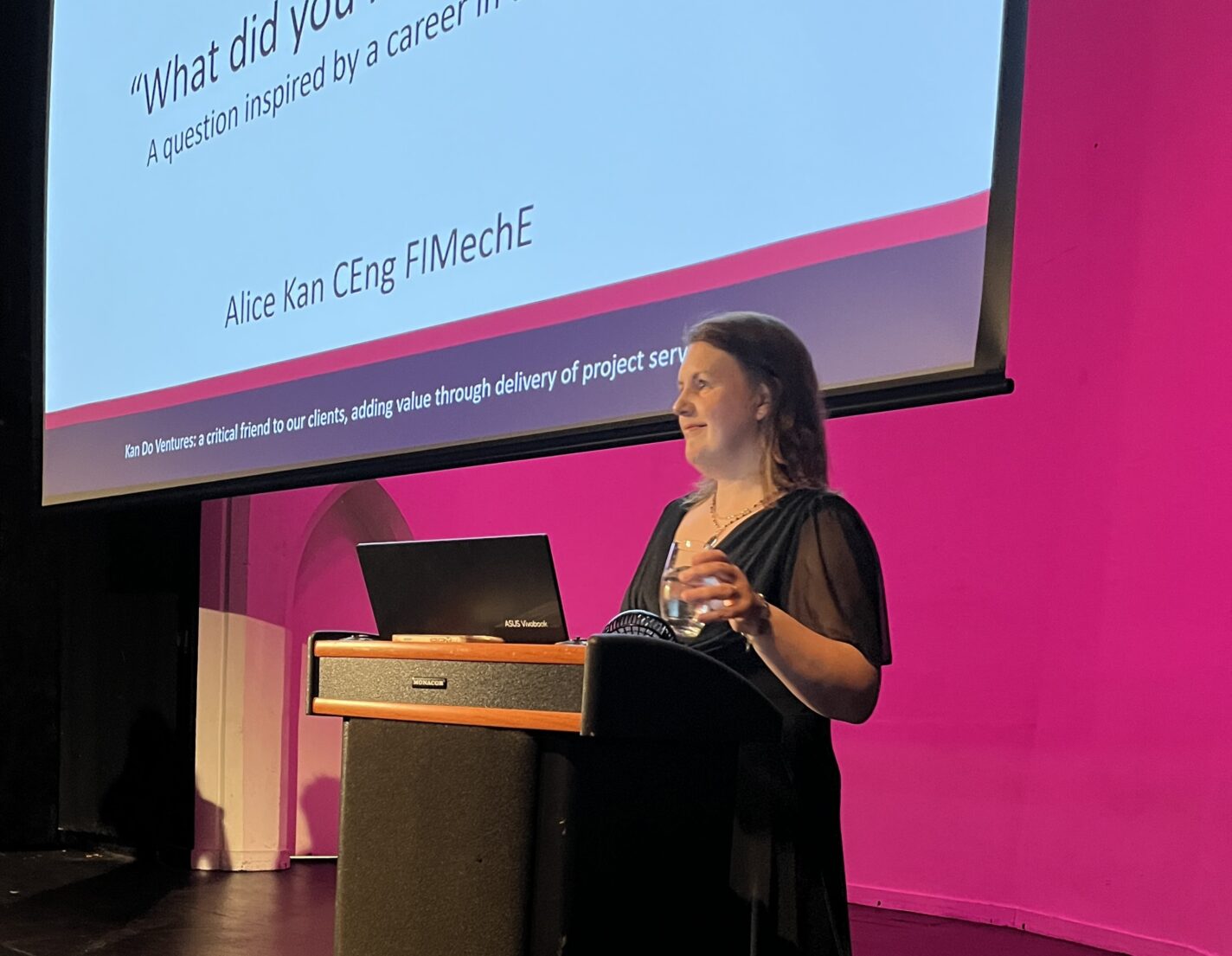This year’s annual Sixth Form Quad Lecture was delivered by Old Oundelian Seb Falk (Bramston 1999), whose academic work demonstrates that the study of liberal arts and science is not mutually exclusive.
Dr Falk’s area of study focuses on the history of astronomy, navigation and mathematics. His recent book The Light Ages focuses on the development of science during the Middle Ages.
Life in the Middle Ages was difficult, and the geographic worldview was narrow, but while they did not know as much about the world as we know today, they were no less curious about what we now call science. They developed the mechanical clock, the first spectacles, the first universities; in the European world, the foundations for the age of discovery and modern scientific knowledge were laid in the later Middle Ages with mapping, use of the magnetic compass, understanding of tides and shipbuilding.
Dr Falk said the Middle Ages was a time of ingenuity, and what most holds his fascination are the ingenious astronomical instruments known as astrolabes, which he brought to show the pupils.
Astrolabes are objects of great beauty, and they are also ingenious instruments that can compute the positions of the planet, pinpoint the location, tell the time, predict eclipses. He describes astrolabes as medieval smartphones. They “put the universe in the palm of your hand”.
As a qualified yachtsman Dr Falk has put his interest in medieval instruments into practice and even taken a mariner astrolabe out on the water.
Dr Falk teaches medieval history and history of science at Cambridge University, where he is a Pro-Proctor and a Fellow of Girton College. He received his BA in History and Spanish from Oxford University, and an MPhil in History and Philosophy of Science, followed by a Phd from Cambridge. Of further distinction, in 2014 he ran the London Marathon inside an eight-foot tall, 10kg papier-mâché model of London’s “The Gherkin”, and raised over £14,000 for the Cure Parkinson’s Trust.
Seb Falk with History teacher Ian Clark, who he said “showed me that intellectual history could be exciting: it was in his classroom that I first heard the phrase ‘Twelfth-century Renaissance’.”





